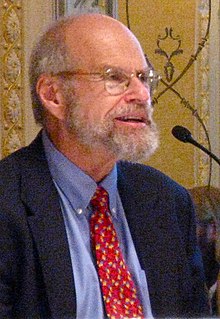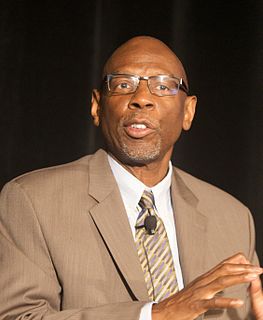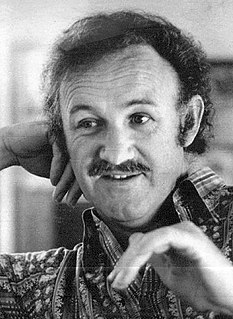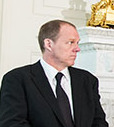A Quote by Joe Meno
I tell my students that with a 200-page novel, you are going to write 100 pages that don't make the final cut. See it as an opportunity, although it took me a while to enjoy that 'lost in the woods' feeling.
Related Quotes
One thing that helps is to give myself permission to write badly. I tell myself that I'm going to do my five or 10 pages no matter what, and that I can always tear them up the following morning if I want. I'll have lost nothing-writing and tearing up five pages would leave me no further behind than if I took the day off.
I had tried writing novels for many years, and they always escaped me. For a long time, I thought, 'It's just not in me to write a novel. It's not something I'm able to do.' It seemed like everything I wrote naturally ended at the bottom of page three. A picture book, three pages; an essay, three pages.
I might spend 100 pages trying to get to know the world I'm writing about: its contours, who are my main characters, what are their relationships to each other, and just trying to get a sense of what and who this book is about. Usually around that point of 100 pages, I start to feel like I'm lost, I have too much material, it's time to start making some choices. It's typically at that point that I sit down and try to make a formal outline and winnow out what's not working and what I'm most interested in, where the story seems to be going.






































